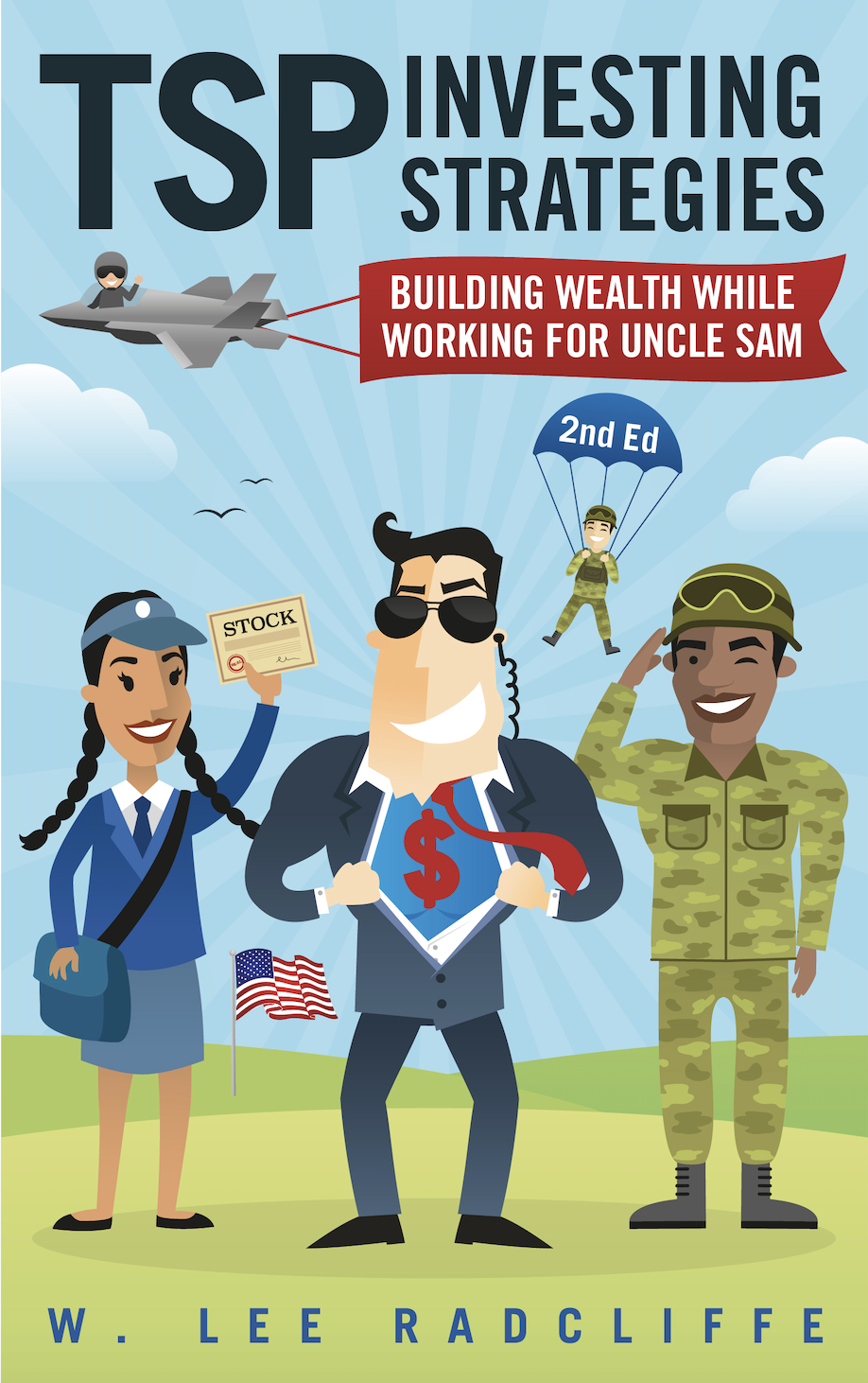TSP Diversification the Warren Buffett Way, and Alternatives
March 3, 2014
Warren Buffett, of course, is known for his investments in and purchases of individual companies. His Berkshire Hathaway holding company owns over 80 businesses outright and has substantial investments in the stocks of over 100 others. As the company’s largest shareholder, he is also ranked fourth on [Forbes’ list of billionaires](http://www.forbes.com/billionaires/ “Forbes’ List of Billionaires’). He didn’t build his wealth by investing in index funds, but amazingly enough, he suggests that you and I should consider doing so.
His Berkshire Hathaway annual letter to investors was released this weekend, and in it he discusses his investing philosophies, including how index funds can be a superior investment product for non-professional investors (page 20):
“Most investors, of course, have not made the study of business prospects a priority in their lives. If wise, they will conclude that they do not know enough about specific businesses to predict their future earning power…I have good news for these non-professionals: The typical investor doesn’t need this skill…In the 20th Century, the Dow Jones Industrials index advanced from 66 to 11,497, paying a rising stream of dividends to boot. The 21st Century will witness further gains, almost certain to be substantial. The goal of the non-professional should not be to pick winners…but should rather be to own a cross-section of businesses that in aggregate are bound to do well. A low-cost S&P 500 index fund [e.g., the C Fund] will achieve this goal.” (My emphasis added.)
Moreover, he discusses how he has willed money to be invested for close family once he is gone:
“My advice to the trustee could not be more simple: Put 10% of the cash in short-term government bonds and 90% in a very low-cost S&P 500 index fund…I believe the trust’s long-term results from this policy will be superior to those attained by most investors – whether pension funds, institutions or individuals – who employ high-fee managers.” (My emphasis added.)
So there you have it. A Warren Buffett TSP portfolio would have 10% invested in the G Fund and 90% invested in the C Fund. Pretty simple, right?
It is if you are investing billions of dollars. For a billionaire, putting just 10% of your investable assets in a short-term bond fund is still a lot of money. Even with just $1 billion to invest, that’s $100 million in a safe and secure–albeit low-return–investment with $900 million invested in U.S. large-cap companies for future growth (even if in “unpredictable fits and starts” in Buffett’s words).
I’m pretty sure I could sleep soundly at night with $100 million in a short-term bond fund, and the rest in a stock index fund.
For the rest of us who aren’t billionaires – or even millionaires – we have to take into account how much risk we’re willing to take with the much smaller amounts in our TSP and other accounts. That means taking into account how much and how long we are willing to see our investments go down in value during market declines/crashes.
I discuss some diversification strategies in TSP Investing Strategies, each taking into account a person’s appetite for risk (which is actually one of the first strategies I detail). Even the aggressive portfolio in TSP Investing Strategies is not as heavily invested in the stock funds as Buffett’s 90%, in order to keep more in reserve when markets decline as they invariably do.
(Although I did some preliminary calculations using the 90-10 portfolio, I modified them during the 2008-9 severe market meltdown; the 90-10 portfolio is a good one though under most conditions…)
In fact, Buffett hits on this decline factor almost unintentionally earlier in the section, “Some Thoughts About Investing” from page 17. He focuses on investments he made after market crashes took place in each case, and he ultimately sums up his position: “tumbling markets can be helpful to the true investor if he has cash available when prices get far out of line with values. A climate of fear is your friend when investing; a euphoric world is your enemy” (p 19).
I discuss a strategy to invest in markets as they are declining as well, for those who are comfortable with investing in declining markets.
Feel free to drop me a line to let me know what you think.
And by the way, Berkshire Hathaway is currently the 11th largest holding in the C Fund…even in advocating for non-professionals to invest in an index fund, he of course picks the one that features his Berskhire Hathaway high on its list of holdings!
(And definitely take some time to read his views on public pensions, beginning on page 118…)
Related topics: c-fund long-term-investing